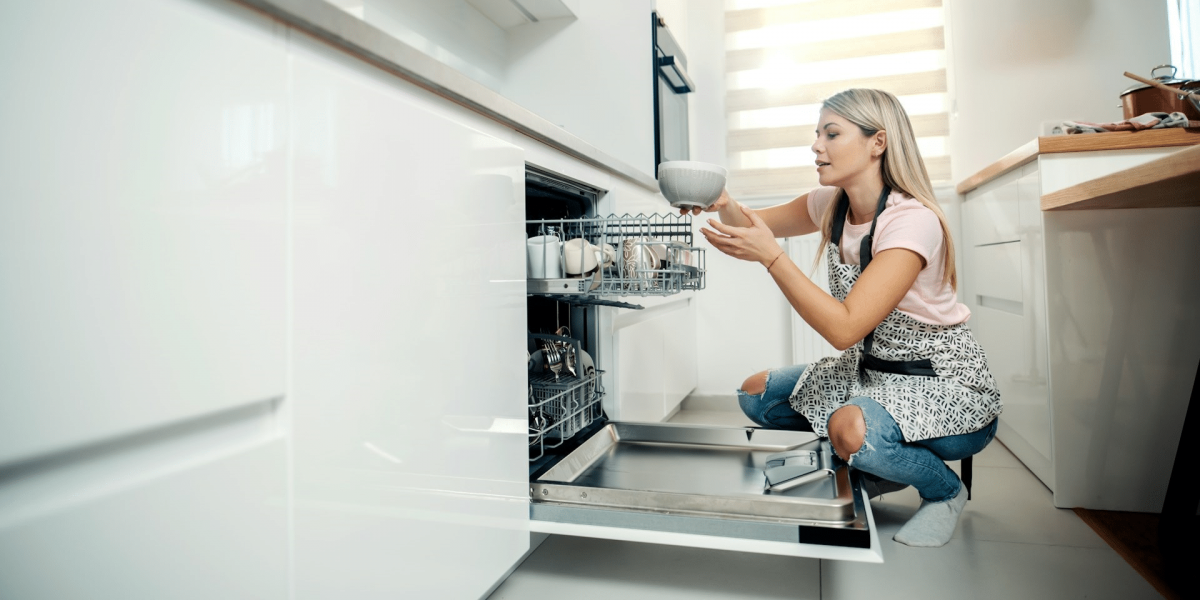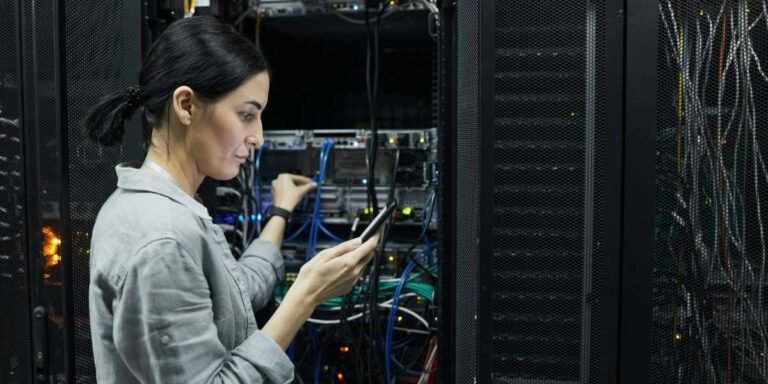Smart appliances have become increasingly popular in households worldwide. These devices, connected through the Internet of Things (IoT), offer convenience, efficiency, and enhanced functionality. However, a key concern for consumers is the longevity of smart appliances. This article explores the lifespan of smart appliances, factors influencing their durability, and how to maximize their longevity.
What Are Smart Appliances?
Smart appliances are household devices that connect to the internet and can be controlled remotely through smartphones, tablets, or other connected devices. Common examples include smart refrigerators, washing machines, ovens, and thermostats. These appliances offer advanced features such as remote monitoring, voice control, and automated settings, enhancing user experience and energy efficiency.
The main advantages of smart appliances include improved convenience, energy savings, and better functionality. Users can monitor and control their devices from anywhere, optimize energy use, and receive alerts for maintenance issues. These features make smart appliances an attractive option for modern homes.
Factors Influencing the Longevity of Smart Appliances
The longevity of smart appliances largely depends on the quality of their components. High-quality materials and robust construction typically result in longer-lasting devices. Brands that invest in premium components and rigorous testing processes tend to produce more durable appliances.
Regular software updates are crucial for the optimal performance of smart appliances. These updates fix bugs, improve security, and add new features. Manufacturers that provide consistent and long-term software support help extend the lifespan of their products.
How frequently and intensively an appliance is used can significantly impact its longevity. Appliances used within their recommended capacity and maintained according to manufacturer guidelines generally last longer. Overuse or neglecting maintenance can shorten their lifespan.
Environmental conditions, such as humidity, temperature, and dust, can affect the durability of smart appliances. Proper installation and placement in environments that minimize exposure to harmful elements can help prolong their life.
Average Lifespan of Common Smart Appliances
Smart refrigerators typically have a lifespan of 10 to 15 years. Factors like regular maintenance, proper cleaning, and timely software updates can influence their longevity. High-end models from reputable brands may last even longer with proper care.
The average lifespan of smart washing machines is around 10 years. Using the machine within its load capacity, performing routine maintenance, and updating the software can help extend its operational life.
Smart ovens generally last about 13 to 15 years. Regular cleaning, avoiding spills, and following the manufacturer’s usage recommendations are essential for maintaining their functionality and extending their lifespan.
Smart thermostats can last between 10 and 20 years. Their longevity is often linked to the robustness of their software and hardware components. Regular firmware updates and proper installation can help maximize their lifespan.
Tips to Maximize the Longevity of Smart Appliances
Routine maintenance is vital for the longevity of smart appliances. This includes cleaning, inspecting components for wear and tear, and following the manufacturer’s maintenance guidelines. Regular maintenance helps prevent minor issues from escalating into major problems.
Keeping the software of smart appliances up to date ensures they operate efficiently and securely. Regular updates can fix bugs, improve performance, and introduce new features, contributing to the overall longevity of the devices.
Using smart appliances as intended by the manufacturer can significantly extend their lifespan. Avoid overloading washing machines, placing hot items in refrigerators, or using ovens beyond their capacity. Following usage guidelines helps prevent unnecessary strain on the appliances.
Installing smart appliances in appropriate locations can help avoid environmental damage. For instance, placing a smart refrigerator away from heat sources and ensuring proper ventilation can prevent overheating and extend its life.
Engaging professional servicing for complex issues ensures that smart appliances receive the right care. Technicians trained in handling smart technology can accurately diagnose and fix problems, preventing further damage and extending the appliance’s life.
The longevity of smart appliances is influenced by various factors, including the quality of components, regular software updates, usage patterns, and environmental conditions. By following best practices for maintenance and usage, consumers can maximize the lifespan of their smart devices. Investing in high-quality brands, keeping software up to date, and ensuring proper care are essential for enjoying the benefits of smart appliances for many years. As technology continues to evolve, the durability and functionality of smart appliances are expected to improve, offering even greater value to users.









